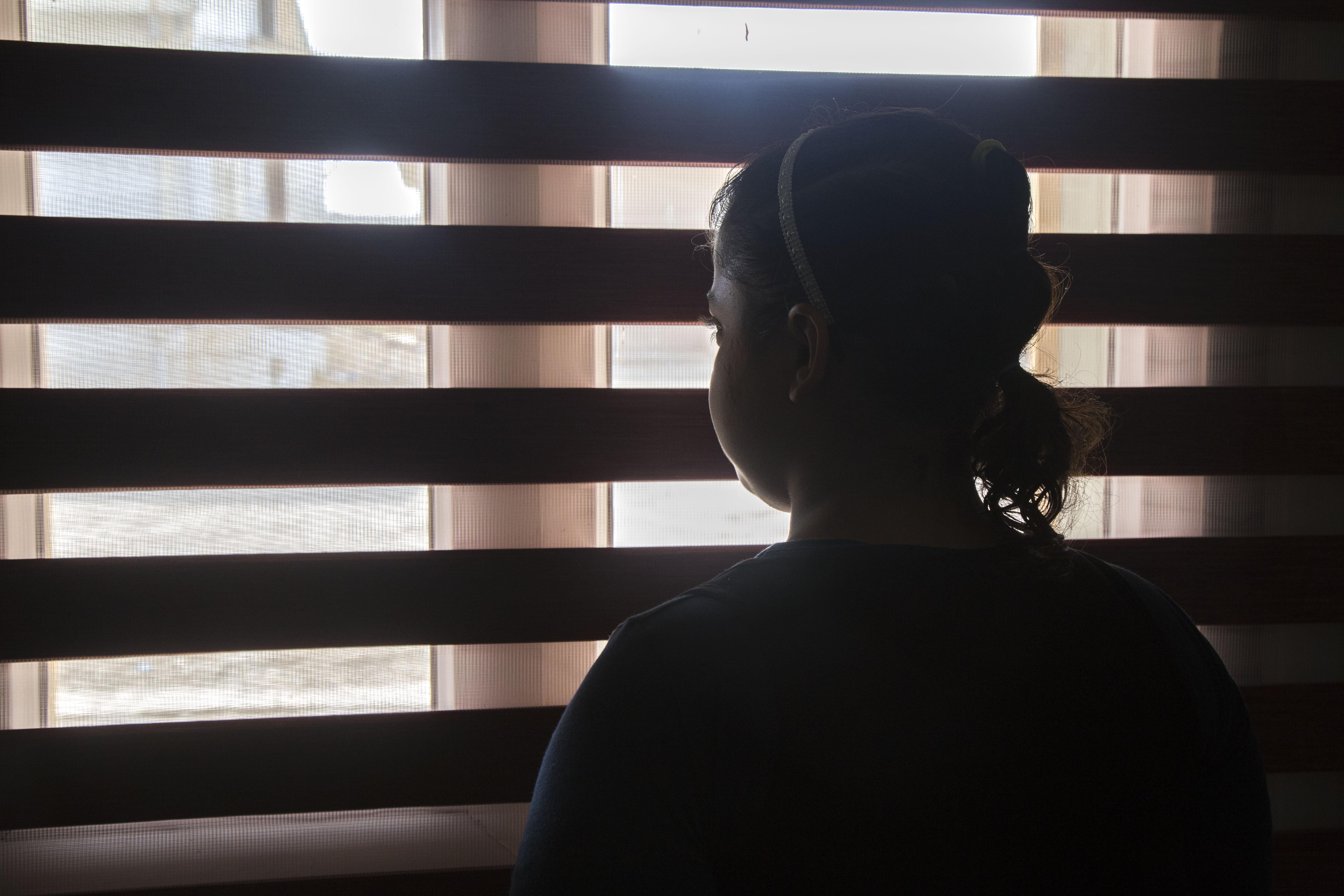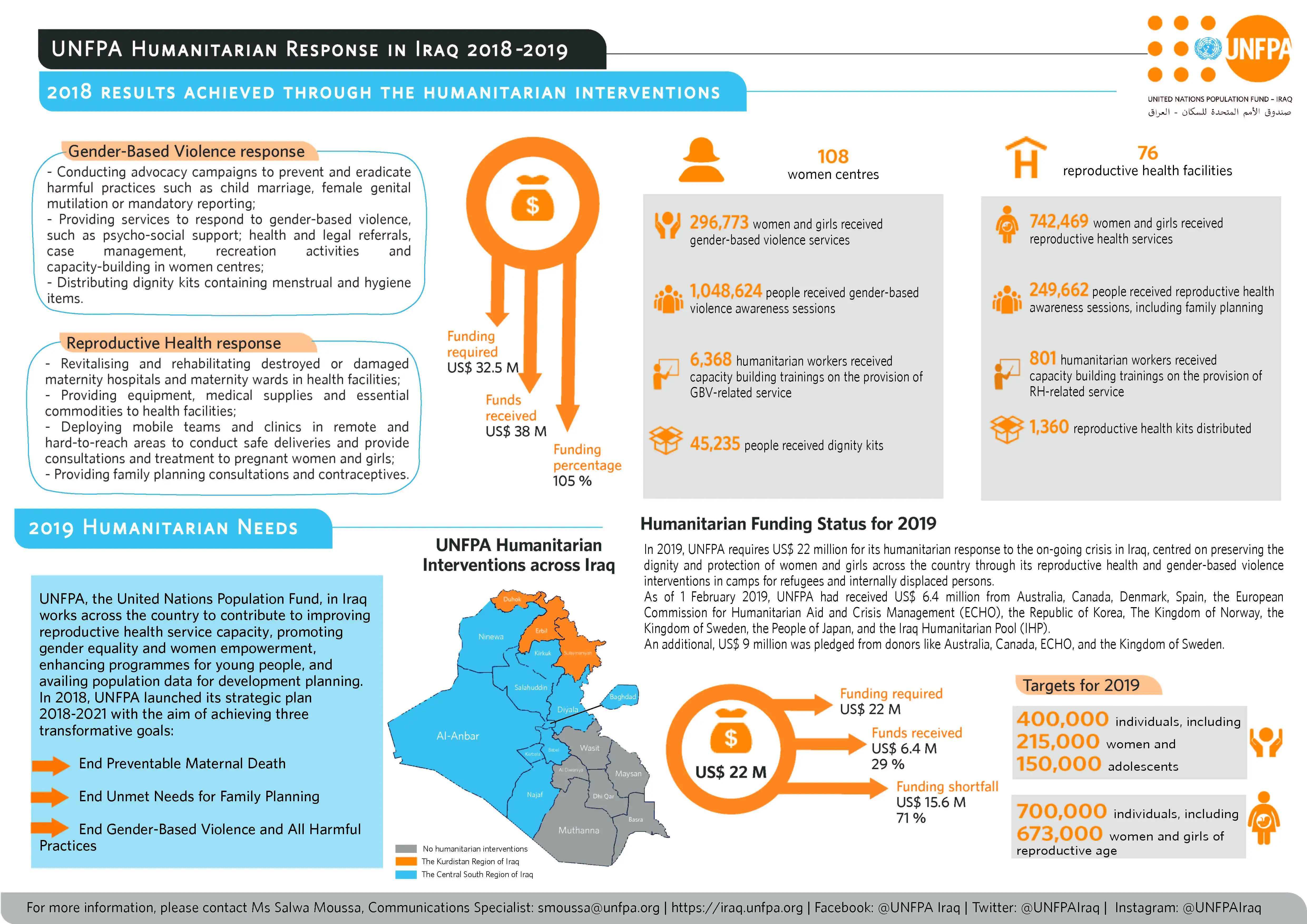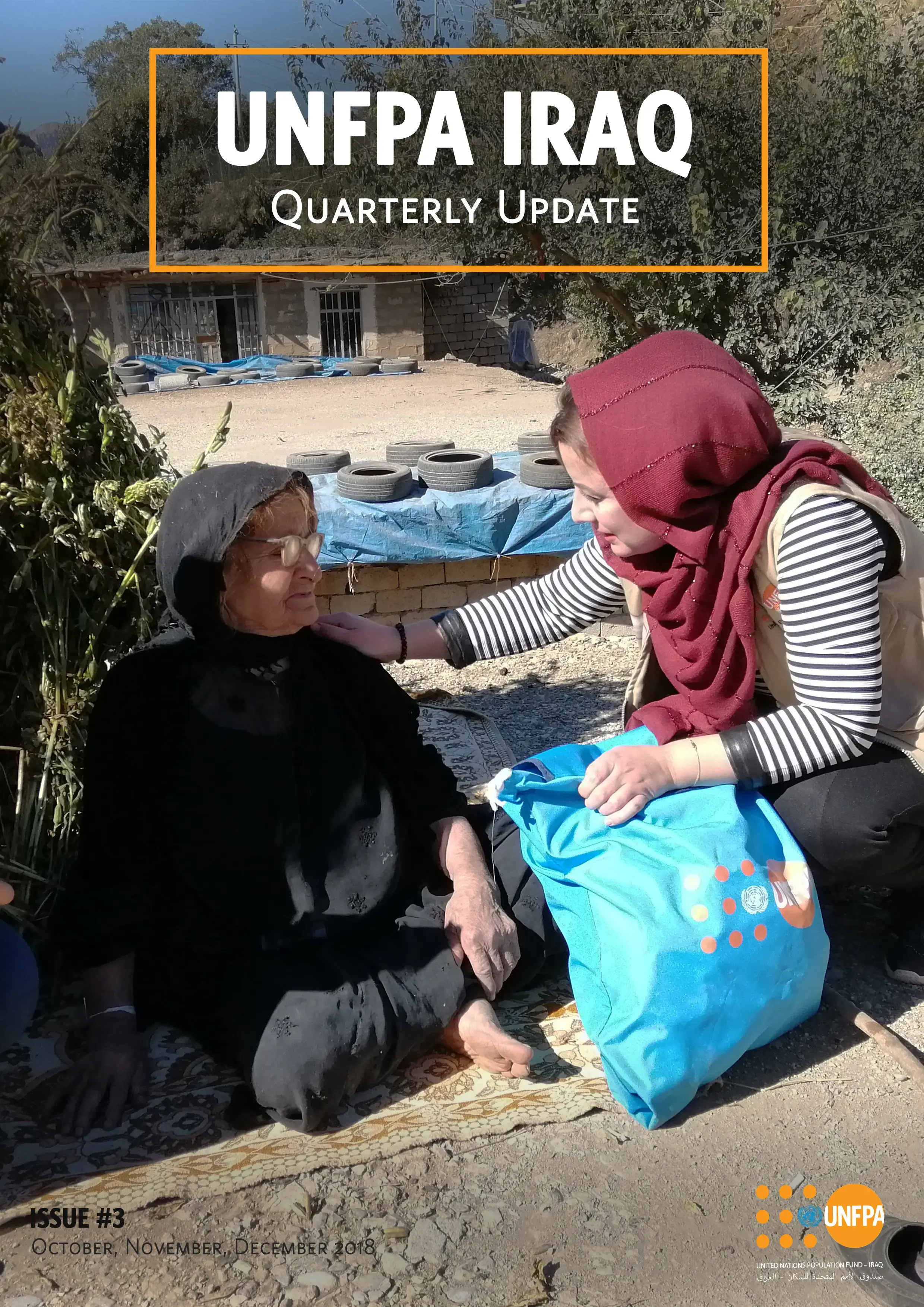At the beginning of this week, the United Nations Secretary-General issued an appeal to stop violence everywhere including violence in the home. As Directors of the four United Nations Agencies who have been working together to highlight the importance of Gender Justice and Equality before the law1 as a clear path towards achieving the Sustainable Development Goals, we call upon states in the Arab states region to respond to the Secretary-General’s appeal.
Many countries of the region have implemented strict movement restrictions, including curfews, to address the COVID-19 pandemic. At the same time, we need to be conscious of the need to ‘do no harm’. We have seen reductions in services for survivors of Domestic Violence across the region and, in some countries, we have witnessed large increases in the numbers of calls to hotlines or other support services.
We urge governments to strengthen already existing services and to provide alternative solutions to ensure the security and safety of women and girls inside their homes and to assist survivors during this time, including augmenting hotline access, ensuring remote case management, and providing essential health, social services and justice and policing, as courts in some countries of the region have been forced to close. Inclusive solutions must be designed to reach the women furthest behind and be survivor- centred, while referral pathways should be updated to reflect the current situation.
The Arab States are host to large numbers of refugees and internally displaced persons as well as vulnerable women migrant workers. Women and girls in these settings face multiple burdens and risks in accessing services. More efforts are needed to ensure their safety and well-being.
We, the regional directors of UNDP, UN Women, UNFPA and the Executive Secretary of ESCWA urge governments in the region to ensure that their message on zero tolerance to Domestic Violence is highlighted in their public announcements and policies, including a commitment to increase investment in services and organisations that provide services to survivors of domestic violence. With support from the four United Nations agencies, they are also invited to learn from emerging good practices in the region and worldwide.
-
Now is the time to put in place accessible alternative support services, such as hotlines or psychosocial counselling, to reach all Domestic Violence survivors, while ensuring their safety. This can be done through alternative facilities, such as pharmacies and selected grocery stores that are open.
-
Now is the time to send out the message to all citizens that ALL forms of violence, including abuse of women and children in the home, will not be tolerated and to provide support to those struggling in times of restricted movement.
-
Now is the time to provide safe accommodation for women in need.
-
Now is the time to ensure that responding to and combatting Domestic Violence is prioritized among local and national security and justice systems.
-
Now is the time to ensure that women are included in essential decision making about the response to the COVID-19 pandemic.
-
Now is the time to ensure that essential health provision for maternity services is maintained, in addition to other sexual and reproductive services.
The COVID-19 pandemic is not only a health crisis; it is also a crisis of care. Globally women represent more than 70 per cent of all health care workers and in the home, women are predominantly the carers of the elderly, people with disabilities and children. With more people quarantined at home, the burden of unpaid care for women will most likely increase.
Therefore, we call on all governments in the region to assess and respond to the needs of all care workers, and to ensure that essential services for survivors of domestic violence are maintained and accessible to all women and girls. Ensuring gender justice and equality before the law remains a vital path to implementing the SDGs and protecting all people, everywhere.
Dr. Luay Shabaneh
Regional Director UNFPA, Arab States
Dr Mehrinaz El Awady
Cluster Leader Gender Justice, Population and Inclusive Development UNESCWA
Sarah Poole
Regional Director a.i. UNDP Arab States
Dr. Moez Doraid
Regional Director a.i., UN Women Arab States




